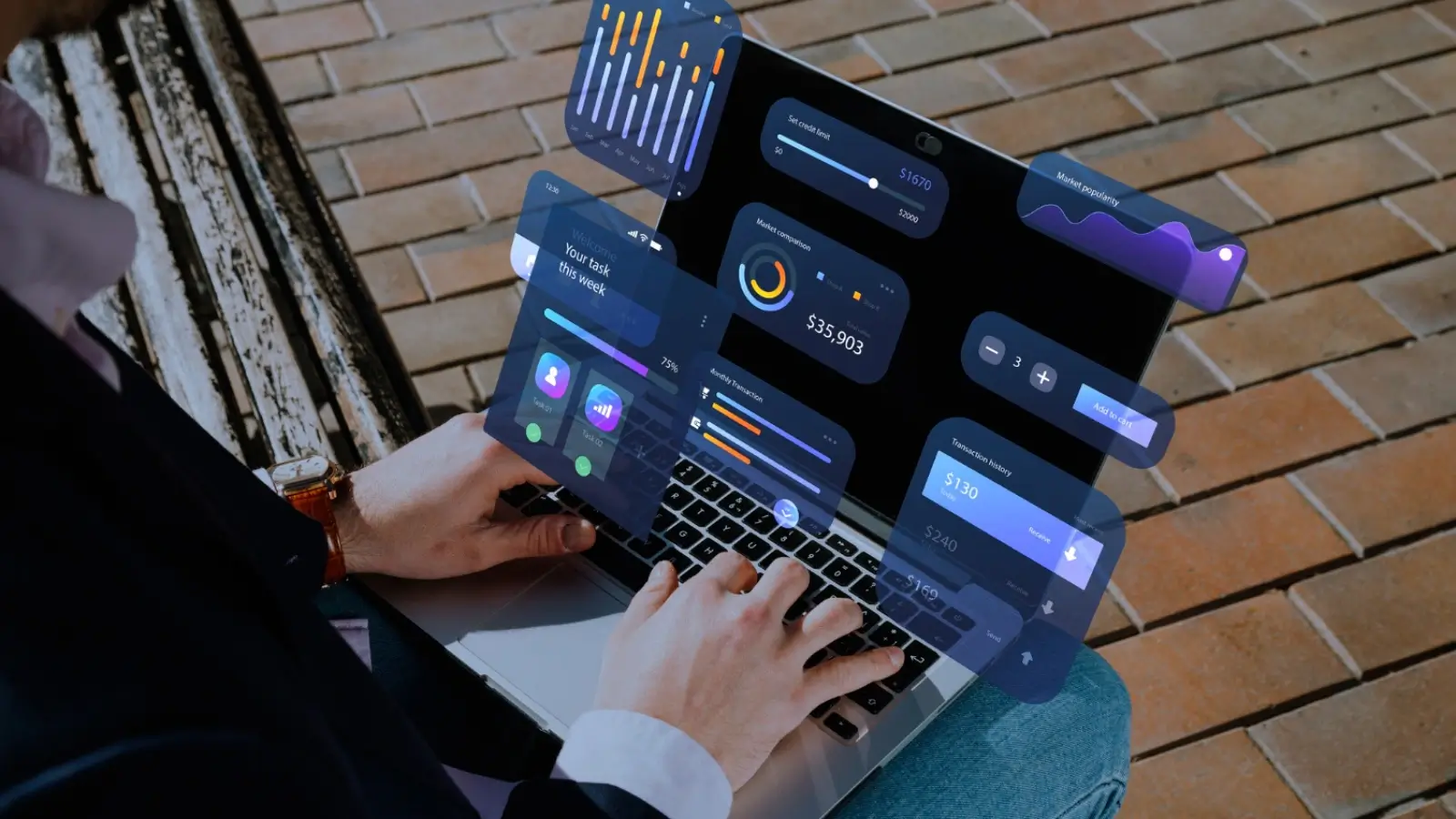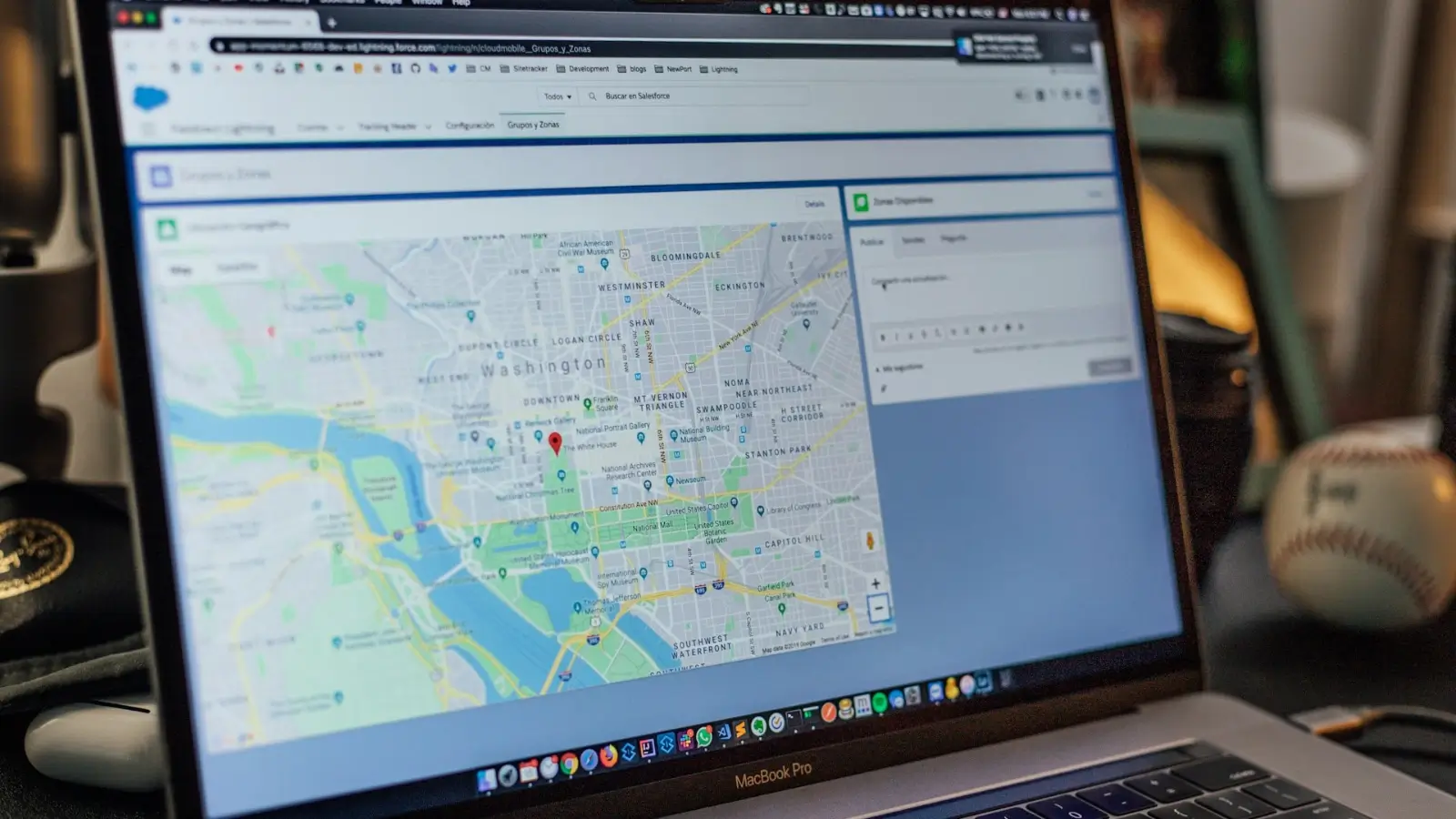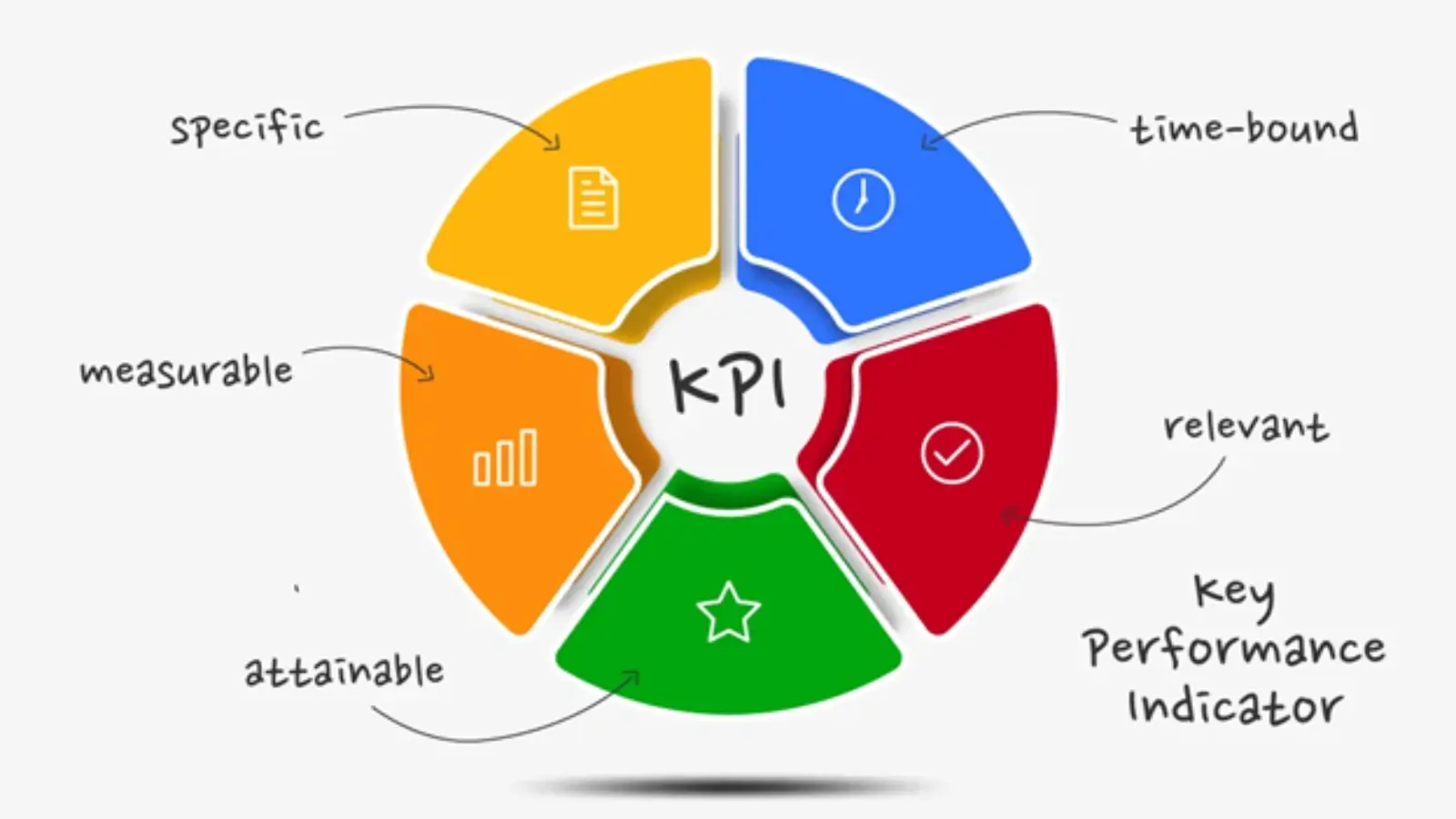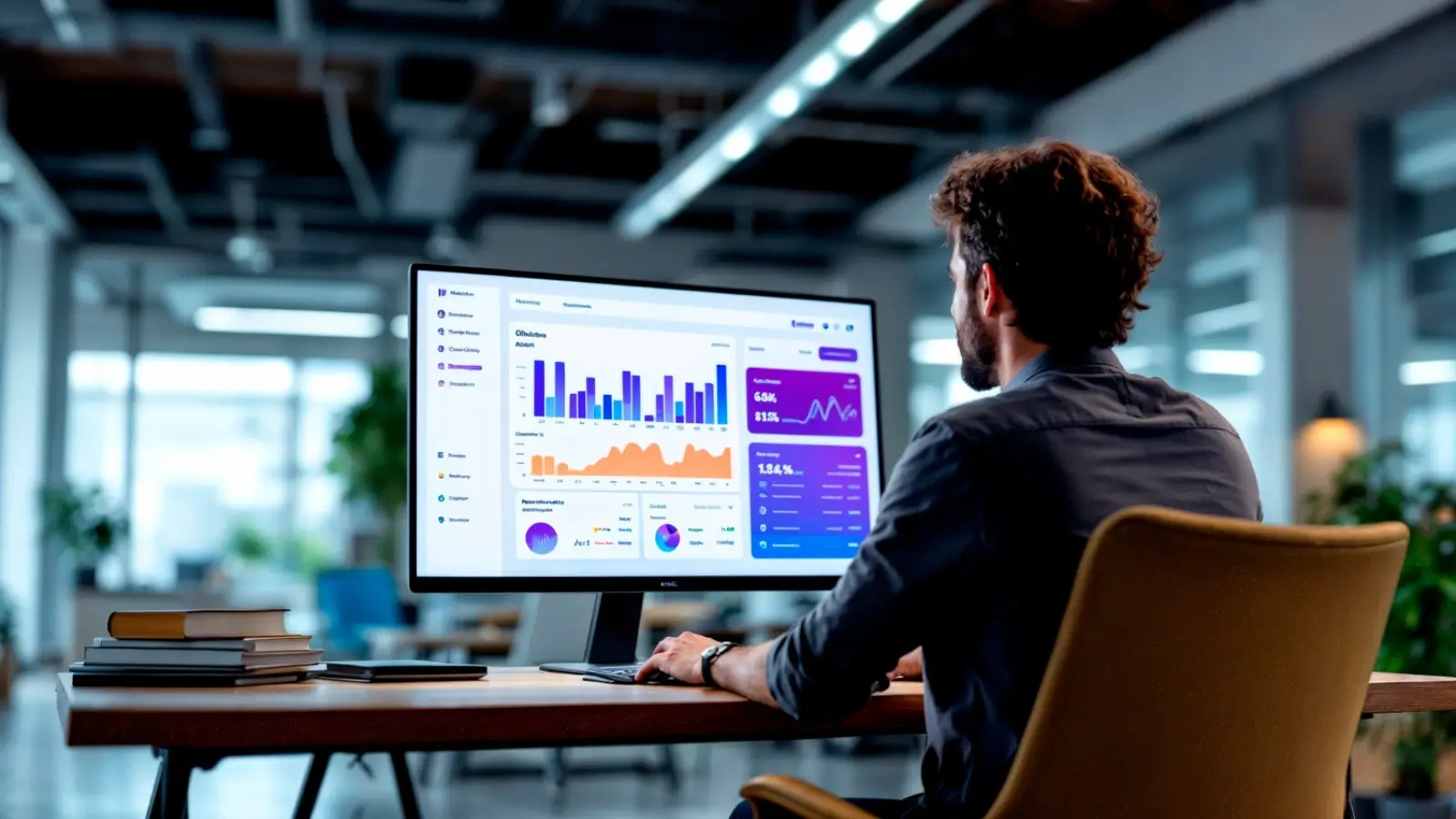Data isn't just an asset in 2025 — it's your company's top decision-making instrument. You're in an age where every second generates over 1.7 megabytes of data per person, and global data amounts have grown into the zettabyte era. But what are you accomplishing with that data?
As a business leader, entrepreneur, or digital strategist, you probably know how important smart use of data is. But all of this cannot be achieved without data mining — the process that extracts the hidden secrets of your data sets.
Data mining in 2025 is not just a technical procedure; it's a critical strategy that can take your business forward. From conversational marketing campaigns to workflow bottleneck detection, data mining is the vehicle for smart, data-driven decision-making.
So, what is data mining, and why should it matter to you today more than ever before?
What Is Data Mining?
Data mining is the process of selecting, sorting, and examining data to identify patterns, trends, and relationships that drive your business decisions. It involves the transformation of data into proper forms, data cleaning and transformation, algorithm building and testing, and ultimately, result visualizations that inform lucid, real-time decision-making.
You'll see data mining used most often with big data technologies, AI analytics, and predictive modeling. From text reports and data tables to interactive dashboards, it empowers you to forecast with past data, uncover customer behavior secrets, and perform smarter and more agile business operations.
In essence, data mining is your tool for turning raw data into knowledge. And in 2025, knowledge will be the currency. Here are the five reasons why data mining matters for your business in 2025:
1. Data Mining Enables Real-Time Decision-Making
You no longer have the luxury of waiting days or even hours for business insights. The pace of e-commerce requires you to make decisions in real time. That is where data mining comes to the rescue.
With AI analytics and predictive modeling, you can quickly sift through large volumes of structured and unstructured data to determine customer trends, inventory fluctuations, and the effectiveness of your marketing the moment they occur.
Subsequently, you’ll be able to optimize campaigns, reallocate resources, or modify strategies before minute problems turn into giant problems.
Moreover, real-time data-driven decision-making keeps you one step ahead of the competition. Instead of reacting to change, you expect it and navigate around it. Timing is critical in today's hyper-connected economy, and data mining gives you that.
2. It Powers Marketing Optimization and Personalization
Marketing in the absence of metrics is like being lost without a compass. In 2025, you should be using market trend analysis, customer behavior, and optimizing marketing campaigns with the help of advanced data analysis.
Data mining enables you to understand who your customers are, what they want, and how they behave. It allows content delivery in a personalized way. That is, your messaging, timing, and platform are tailored precisely for each audience segment. Your campaigns, then, become more targeted, more efficient, and more profitable.
In addition, you will implement analytics operations to track campaign performance, identify underperforming segments, and make real-time adjustments. This is especially important if you are running omnichannel campaigns or trying to break into new markets. As you properly mine your data, you don't just market — you connect, engage, and convert.
3. It Enhances Operational Efficiency and Forecasting
Your business operations produce massive data streams — from supply chain logistics to customer service interactions. If you aren't mining this data, you're leaving money on the table.
With data mining, you’ll be able to optimize operations through inventory tracking and automation, workflow bottleneck identification, and even predictive maintenance of your equipment. These improvements not only cut costs but also enhance reliability and scalability across your entire business.
Moreover, forecasting using historical data gives you insight into future demand, resource allocation, and staffing needs. Whether you're planning seasonal product launches or trying to reduce downtime, data mining provides the visibility you need to make proactive, cost-effective decisions.
4. It Supports Sustainability and Compliance Goals
As environmental regulations tighten and consumers demand more transparency, sustainability reporting has become a top priority. Fortunately, data mining plays a central role in helping you meet your environmental, social, and governance (ESG) targets.
By using energy consumption analysis and waste management optimization, you’ll identify where your organization is underperforming environmentally. In doing so, you’ll uncover opportunities to reduce emissions, lower operational costs, and comply with reporting regulations more accurately.
Additionally, your data team — whether composed of analytics specialists, data scientists, or a mix of both — can use algorithm creation and testing to design smarter, more efficient production processes while accurately modeling their environmental impact across various stages.
By identifying inefficiencies and forecasting outcomes, these models help you make informed decisions that reduce waste, lower energy usage, and align with regulatory standards. Hence, data mining supports not just profitability and performance, but also long-term sustainability and corporate responsibility.
5. It Builds Competitive Advantage Through Talent and Technology
In 2025, the businesses that win are the ones that use mathematical analysis, AI programming, and statistical modeling to gain deep insight into their operations. And this means you need the right talent and tools to implement successful data mining initiatives.
Hiring professionals with a data science degree, computer science degree, or master's in computer science — even from online master’s programs — ensures that your analytics efforts are grounded in expert knowledge. These individuals bring technical and analytical skills, problem-solving and critical thinking, and the ability to design algorithms that can transform raw data into business intelligence.
Furthermore, investing in the latest big data tools gives your team the power to process and analyze vast datasets in a fraction of the time. These tools allow for enhanced data cleaning and transformation, more dynamic visualizing results, and seamless integration with existing IT infrastructure.
By combining top-tier talent with cutting-edge technology, you ensure your data mining strategies are not just reactive but revolutionary.
Conclusion
The year 2025 marks a turning point for how you run your business. You’re no longer just collecting data — you’re mining it, shaping it, and using it to fuel your success. With the analytics market projected to be worth $400 billion by 2032, your competitors are already making significant investments in digital transformation. You can’t afford to fall behind.
Whether your goal is to personalize customer experiences, forecast trends, streamline operations, or improve sustainability, data mining is the key that unlocks it all. So, if you haven’t upgraded your analytics operations yet, now is the time. Equip your business with the tools, talent, and insights needed to thrive in today’s data-driven economy. Because in 2025, data isn’t just important — it’s everything.
















